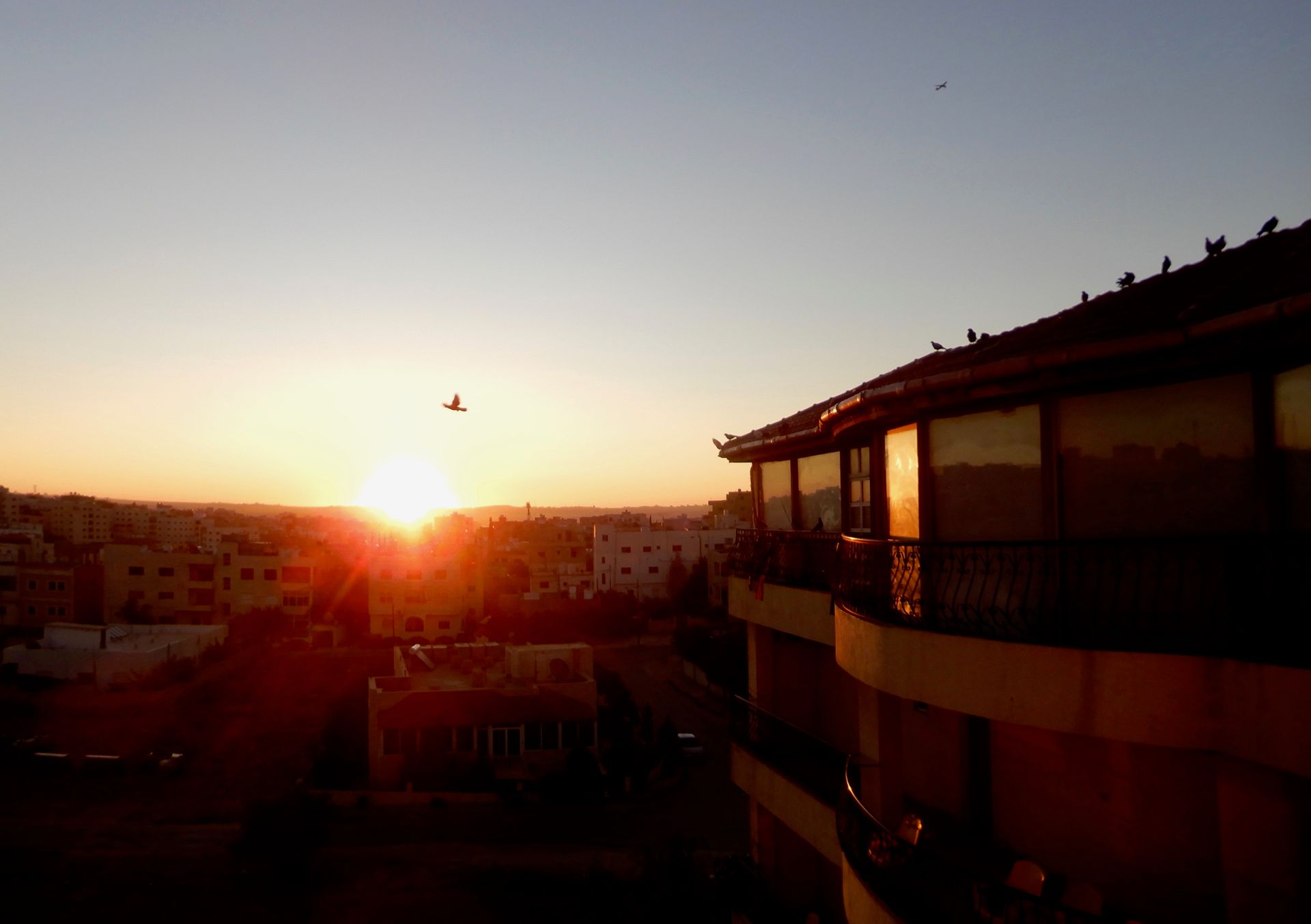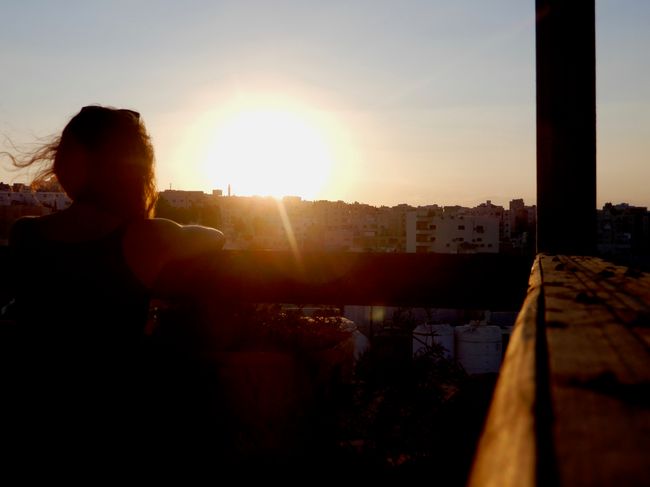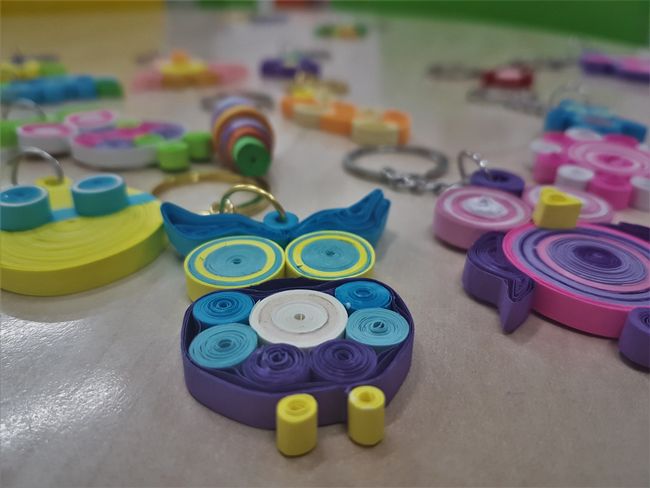My dear friend!
प्रकाशित: 05.11.2019
समाचार पत्रिका के लिए सदस्यता लें
Saturday - Monday, November 2 - 4
Saturday, 8 am. I try to look at some Arabic materials for my Modern Standard Arabic course early in the morning. Last week, I missed the class, which extended the gap between me and the rest of the class by 3 intensive hours (in response to my message in Arabic in the WhatsApp group, apologizing for my absence and asking what we did, I only received a 'I accept your apology' from our teacher). Later in the class, I realize that my basic vocabulary is sufficient to at least understand the topic, but I'm still not sure to what extent this course is really beneficial for me. Nevertheless, I resist giving up, even though I could possibly invest my time better on Saturday mornings.
After the class, I also briefly talk to Imad, the only other German in our class. He already understands Modern Standard Arabic very well and now I know why. He is a Muslim and wants to better understand the Quran and engage more with Islamic literature. As his only goal, he consistently refuses to understand or speak the dialect here. He says he consistently speaks Modern Standard Arabic with everyone here, even though he often gets strange looks. Because with Modern Standard Arabic: you hear it in the news and read it in literature. Otherwise, it is not spoken. Not at all. My motivation for the Saturday course is therefore to better understand the general structure of the language and grammar. I get my communication skills from the other course and our tutoring. But it's like learning two different languages at once.
After the class, I take my usual route through the market, eat the remaining kibbeh that Umm Hayan gave us at home, and then dive into overdue assignments for the university for two days. Without my laptop in the last two weeks, many things have piled up and now I have to make an effort to meet the deadlines on Sunday and Tuesday.
Monday, 8:25 am. I leave our apartment at the usual time and walk to Tarabot. The time I allocate for this is counted down to the minute, and I sign the attendance list promptly at 9 am. After a relaxed morning coffee with Sophia, Sara and Jafer, the Syrian siblings who often come in the morning (Syrian children go to school in the afternoon, while Jordanian children have their classes in the morning - for whatever reason this division exists), arrive, and Sophia and I love them very much. They are both incredibly smart, cute, patient with our Arabic, and super talented in drawing. Jafer repeatedly says "Ya habibi!", which Sophia and I repeat, causing Sara to burst into laughter. "Habibi" actually means "my darling", and "Ya habibi" means "Oh my goodness", which sounds particularly funny coming from us. We tell them that they are our teachers, which they acknowledge with a smile and a hint of shyness. Around 12, the two of them leave for school, and we take our lunch break. We could easily spend the whole day with them.
After the lunch break, there are no children here again today. We still haven't quite understood the principle of who is here when and when which activity takes place. But there is something to do in the afternoon even without children: Dr. Amina, our boss, is flying to Taiwan at the end of the week to visit a major donor for Tarabot who is based there. Amina wants to take a few self-made gifts with her, and we are helping with their creation. Keychains made from thin strips of paper and glue. They are really cute. And it's a pity that we are not allowed to keep them.
The rest of the day, just lecture and assignment. I'm glad when our short paper is submitted tomorrow, and I can take a little break from university stuff.समाचार पत्रिका के लिए सदस्यता लें
उत्तर


